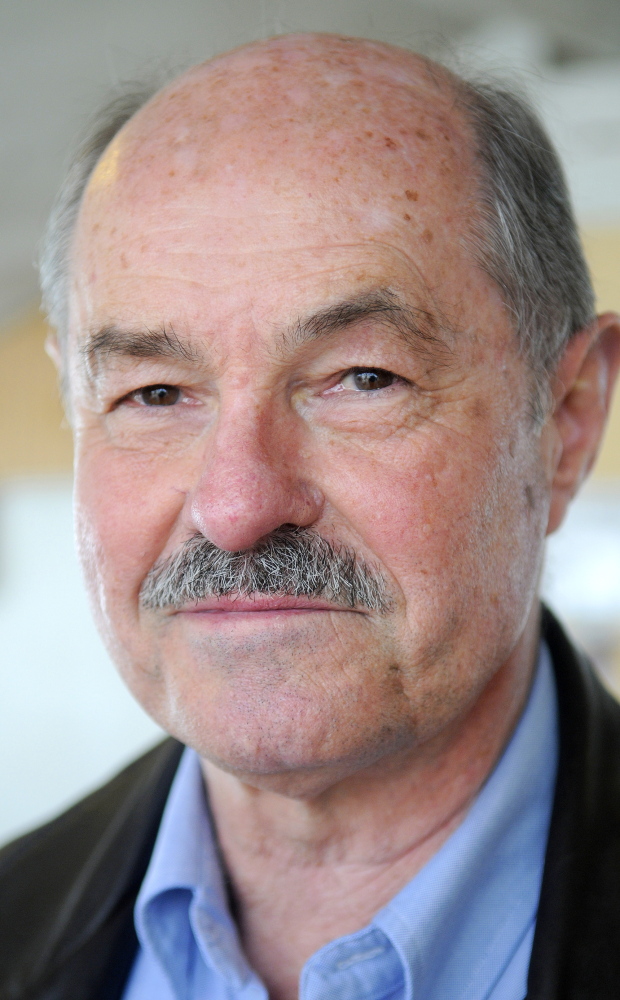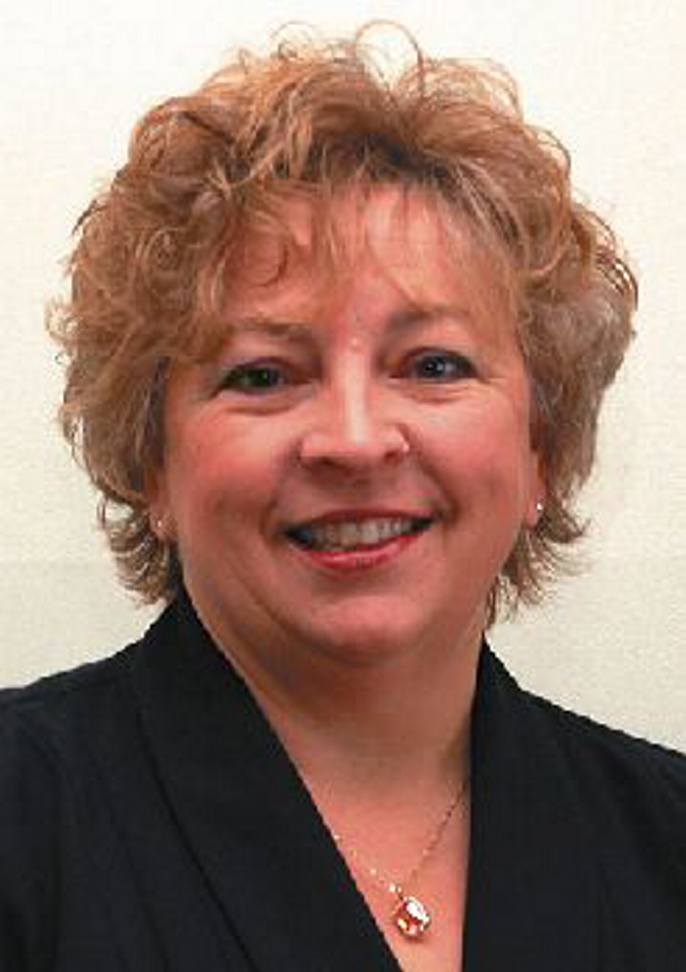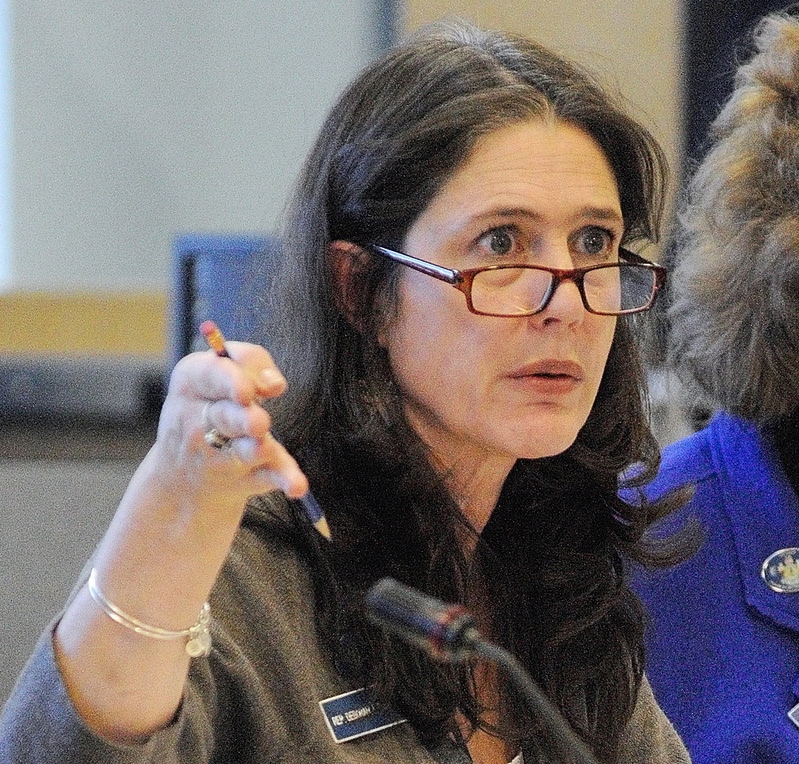Officials from six central Maine towns and local school boards plan to meet with their state legislators later this month to talk about concerns over the potential revenues losses from Gov. Paul LePage’s proposed two-year budget and what the towns can do to avoid raising taxes.
Representatives from the six bordering towns — Chelsea, Palermo, Pittston, Randolph, Windsor and Whitefield — have been meeting monthly for the last nine months to discuss common issues and find ways to save money by working together, according to Tony Marple, a Whitefield selectman. Longer term goals, such as possibly buying supplies collectively, haven’t yet been fulfilled by the group, he said.
The meeting, set for 6:30 p.m., Monday, March 16, will be at the Windsor Elementary School cafeteria and is open to the public.
The members are hosting the meeting with their state senators and representatives to have a discussion and ensure they understand the potential impact of LePage’s proposed budget on rural towns, Marple said.
The towns invited state senators Chris Johnson, D-Somerville, and Earle McCormick, R-West Gardiner, and state representatives Lori Fowle, D-Vassalboro, Jeffrey Hanley, R-Pittston, and Deb Sanderson, R-Chelsea.
LePage’s proposed tax overhaul would lower the income tax by eliminating municipal revenue sharing in the second year of his two-year, $6.3 million budget. The budget would help some municipalities make up the revenue losses by rolling back the exemption for nonprofit organizations that own property with assessed values of $500,000 or more. Any value over $500,000 would be taxed at half a municipality’s property tax rate, if the proposed changes pass.
But that won’t offer any relief for most cities and towns because small communities typically don’t have nonprofit organizations with enough value to tax.
Of the six towns hosting the meeting, only Windsor has a likely nonprofit organization — the annual Windsor Fair — that owns property with an assessed value of $500,000 or more, Marple said.
“These are not well-to-do towns,” he said. “We have a lot of people who struggle to pay their taxes. We meet with them regularly to find solutions because we don’t want people to lose their house or property. You get a perspective of what these people are up against, and it’s tough.”
Theresa Haskell, Windsor town manager, said the organization that hosts the Windsor Fair is the only nonprofit organization she’s aware of in town that would meet the threshold. Taxing the group using the guidelines proposed by LePage would bring in less than $20,000, well under the roughly $90,000 the town will receive from the state in revenue sharing this year, Haskell said.
She said small towns like hers are the ones that will be most hurt by the proposed budget because they won’t be able to make up any of the lost revenue through taxing nonprofits, unlike larger towns and cities with hospitals and colleges.
The decrease in municipal revenue sharing would force the town to raise taxes unless it can find somewhere else to cut, Haskell said.
“We’re already down to the bare minimum as it is,” she said.
The proposal to eliminate revenue sharing after July 2016 has caused a similar outcry from municipal officials as LePage’s proposed budget two years ago that would have suspended the program. More than 50 municipal officials testified against the plan at the State House last month, saying the cuts cause high property taxes for their residents.
Municipal revenue sharing is the proportion of sales, income and other state taxes returned to municipalities each year for property tax relief. State law requires the state to return 5 percent to municipalities, but revenue sharing has been cut over the last several years to less than half that.
Johnson, a Democrat who represents Whitefield and Windsor as part of Senate District 13, said the communities are right to be concerned about the plan. He said allowing towns to make up revenue sharing by taxing nonprofits would be “extremely uneven” for municipalities because many don’t have nonprofit organizations or ones large enough to tax.
Requiring nonprofits to pay taxes would also lead to community members donating more to sustain the organization, he said.
But Hanley, a Republican who represents Pittston and Randolph as part of House District 87, said he doesn’t think all towns object to losing revenue sharing. He said some don’t rely on it as much as others, and it only makes up 2 to 3 percent of the budgets in most towns in his district.
Generally, Hanley said he supports the governor’s budget, but he thinks some aspects may need to be enacted slower or in increments.
“I would like to see (municipal revenue sharing) eliminated as well as the income tax, find a new way to fund things in this state,” Hanley said. “But you can’t build Rome in a day. You have to do things through consensus and discussions, and that’s what we’re going to do.”
Johnson, who also plans to attend the meeting, said he knows a lot of small towns in his district have been cutting back for years and are already struggling to provide basic services to their residents. He said it’s difficult to predict which of LePage’s proposals will make it through the Legislature and which will be scaled back or replaced.
He also has concerns about the plan to eliminate the homestead exemption, which provides property tax relief to homeowners, for anyone younger than 65 and doubling it for those 65 or older.
“It’s my personal sense that there are a lot of folks on both sides of the aisle that understand how difficult cutting revenue sharing would be,” Johnson said, “and I think most of them would join me in saying that it’s not a good idea to do away with the homestead exemption for folks under 65.”
Paul Koenig — 621-5663
Twitter: @paul_koenig
Send questions/comments to the editors.







Success. Please wait for the page to reload. If the page does not reload within 5 seconds, please refresh the page.
Enter your email and password to access comments.
Hi, to comment on stories you must . This profile is in addition to your subscription and website login.
Already have a commenting profile? .
Invalid username/password.
Please check your email to confirm and complete your registration.
Only subscribers are eligible to post comments. Please subscribe or login first for digital access. Here’s why.
Use the form below to reset your password. When you've submitted your account email, we will send an email with a reset code.